SB216763
Synonym(s):3-(2,4-Dichlorophenyl)-4-(1-methyl-1H-indol-3-yl)-1H-pyrrole-2,5-dione;GSK-3 Inhibitor IV, SB-216763 - CAS 280744-09-4 - Calbiochem;SB-216763
- CAS NO.:280744-09-4
- Empirical Formula: C19H12Cl2N2O2
- Molecular Weight: 371.22
- MDL number: MFCD09753369
- SAFETY DATA SHEET (SDS)
- Update Date: 2024-11-19 20:33:22
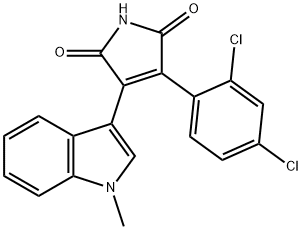
What is SB216763?
Description
SB-216763 (280744-09-4) is a potent and selective inhibitor of glycogen synthase kinase-1 (GSK-3) IC50=34.3 nM.1 Acts at the ATP-binding domain. Displays protective effects in lung fibrosis mouse model.2 Displays neuroprotective effects on cultured neurons.3 SB-216763 maintains mouse embryonic stem cells in a pluripotent state.4?Cell permeable.
The Uses of SB216763
SB 216763 is a potent and selective cell permeale ATP-competitive inhibitor of GSK3a. It stimulates glycogen synthesis in Chang human liver cells.
The Uses of SB216763
SB-216763 was used to inhibit GSK-3β in human brain microvascular endothelial cell line and colorectal cancer cells.
What are the applications of Application
SB-216763 is a potent, selective and ATP-competitive inhibitor of GSK-3α and GSK-3β
Definition
ChEBI: 3-(2,4-dichlorophenyl)-4-(1-methyl-3-indolyl)pyrrole-2,5-dione is a member of indoles and a member of maleimides.
Biological Activity
Potent and selective glycogen synthase kinase-3 (GSK-3) inhibitor (K i = 9 nM for GSK-3 α ); competes with ATP. Has minimal activity against 24 other protein kinases (IC 50 > 10 μ M). Stimulates glycogen synthesis, gene transcription and is neuroprotective.
Biochem/physiol Actions
SB-216763 is a small molecule that competes with ATP and potently inhibits the activity α and β isozymes of GSK-3. It acts as neuroprotectant and prevents neuronal cell death induced by PI3-kinase pathway. It also delays preconditioning, reduces infarct size and prevents cardiac ischemia.
storage
Room temperature
References
1) Coghlan et al. (2000), Selective small molecule inhibitors of glycogen synthase kinase-3 modulate glycogen metabolism and gene transcription; Chem. Biol., 7 793 2) Gurrieri et al. (2010), 3-(2,4-dichlorophenyl)-4-(1-methyl-1H-indol-3-yl)-1H-pyrrole-2,5-dione (SB216763), a glycogen synthase kinase-3 inhibitor, displays therapeutic properties in a mouse model of pulmonary inflammation and fibrosis; J. Pharmacol. Exp. Ther., 332 785 3) Cross et al. (2001), Selective small-molecule inhibitors of glycogen synthase kinase-3 activity protect primary neurons from death; J. Neurochem., 77 94 4) Kirby et al. (2012), Glycogen synthase kinase 3 (GSK3) inhibitor , SB-216763, promotes pluripotency in mouse embryonic stem cells; PLoS One, 7 e39329
Properties of SB216763
| Melting point: | 287-288.6 °C(lit.) |
| Boiling point: | 598.1±50.0 °C(Predicted) |
| Density | 1.47±0.1 g/cm3(Predicted) |
| storage temp. | -20°C |
| solubility | DMSO: 20 mg/mL, soluble |
| form | Orange solid |
| pka | 7.27±0.60(Predicted) |
| color | orange |
| Stability: | Stable for 2 years from date of purchase as supplied. Solutions in DMSO may be stored at -20° for up to 3 months. |
Safety information for SB216763
| Signal word | Warning |
| Pictogram(s) |
 Exclamation Mark Irritant GHS07 |
| GHS Hazard Statements |
H315:Skin corrosion/irritation H319:Serious eye damage/eye irritation |
| Precautionary Statement Codes |
P280:Wear protective gloves/protective clothing/eye protection/face protection. P302+P352:IF ON SKIN: wash with plenty of soap and water. P305+P351+P338:IF IN EYES: Rinse cautiously with water for several minutes. Remove contact lenses, if present and easy to do. Continuerinsing. P332+P313:IF SKIN irritation occurs: Get medical advice/attention. P337+P313:IF eye irritation persists: Get medical advice/attention. |
Computed Descriptors for SB216763
New Products
(S)-3-Aminobutanenitrile hydrochloride 4-Methylphenylacetic acid N-Boc-D-alaninol N-BOC-D/L-ALANINOL Tert-butyl bis(2-chloroethyl)carbamate 3-Morpholino-1-(4-nitrophenyl)-5,6-dihydropyridin- 2(1H)-one Furan-2,5-Dicarboxylic Acid Tropic acid 1-Bromo-3,5-Di-Tert-Butylbenzene S-2-CHLORO PROPIONIC ACID ETHYL ISOCYANOACETATE 2-Bromo-1,3-Bis(Dimethylamino)Trimethinium Hexafluorophosphate 4-IODO BENZOIC ACID 3-NITRO-2-METHYL ANILINE 1-(2,4-DICHLOROPHENYL) ETHANAMINE (2-Hydroxyphenyl)acetonitrile 4-Bromopyrazole 2-(Cyanocyclohexyl)acetic acid 4-methoxy-3,5-dinitropyridine 1-(4-(aminomethyl)benzyl)urea hydrochloride 2-aminopropyl benzoate hydrochloride diethyl 2-(2-((tertbutoxycarbonyl)amino) ethyl)malonate tert-butyl 4- (ureidomethyl)benzylcarbamate Ethyl-2-chloro((4-methoxyphenyl)hydrazono)acetateRelated products of tetrahydrofuran
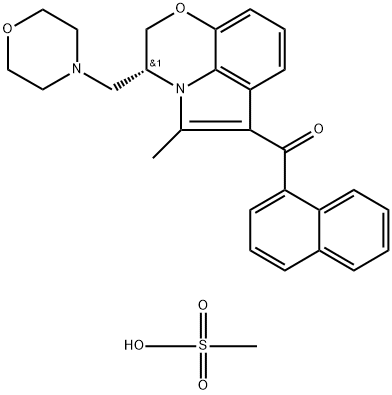
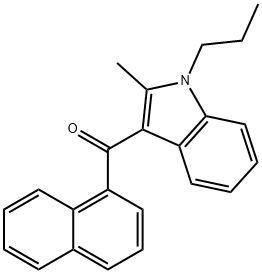

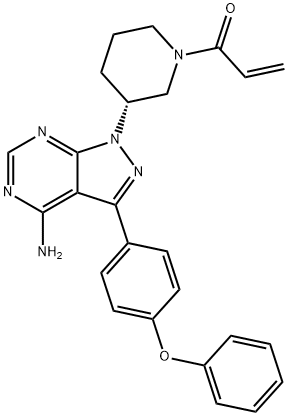
![2,6-PYRIDINEDIAMINE, N6-[2-[[4-(2,4-DICHLOROPHENYL)-5-(1H-IMIDAZOL-1-YL)-2-PYRIMIDINYL]AMINO]ETHYL]-3-NITRO-](https://img.chemicalbook.in/CAS/GIF/252935-94-7.gif)
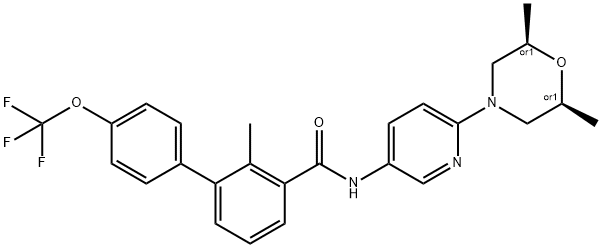
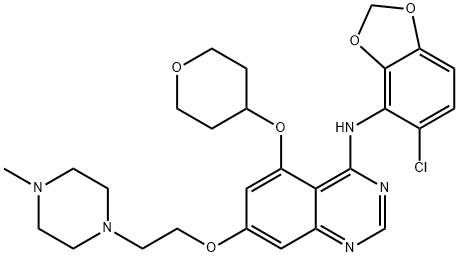
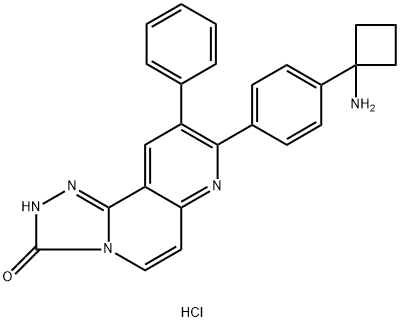
You may like
-
 SB 216763 98% (HPLC) CAS 280744-09-4View Details
SB 216763 98% (HPLC) CAS 280744-09-4View Details
280744-09-4 -
 SB 216763 CAS 280744-09-4View Details
SB 216763 CAS 280744-09-4View Details
280744-09-4 -
 GSK-3 Inhibitor IV, SB-216763 CAS 280744-09-4View Details
GSK-3 Inhibitor IV, SB-216763 CAS 280744-09-4View Details
280744-09-4 -
 SB 216763 CAS 280744-09-4View Details
SB 216763 CAS 280744-09-4View Details
280744-09-4 -
 1975-50-4 98%View Details
1975-50-4 98%View Details
1975-50-4 -
 2-HYDROXY BENZYL ALCOHOL 98%View Details
2-HYDROXY BENZYL ALCOHOL 98%View Details
90-01-7 -
 14714-50-2 (2-Hydroxyphenyl)acetonitrile 98+View Details
14714-50-2 (2-Hydroxyphenyl)acetonitrile 98+View Details
14714-50-2 -
 118753-70-1 98+View Details
118753-70-1 98+View Details
118753-70-1